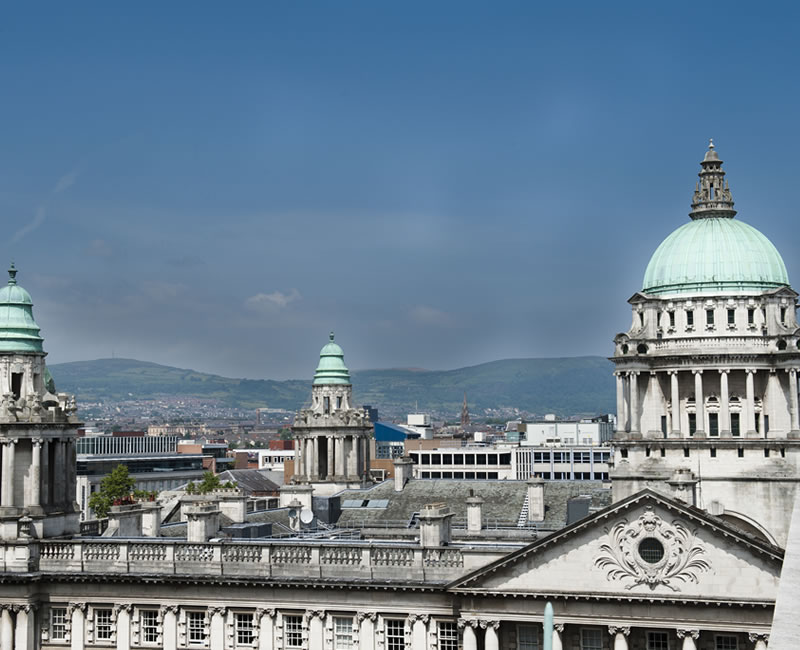Belfast Ratepayers Face Rates Increase

Belfast City Council agreed a district rate increase of 1.89 per cent for 2017/18 at its monthly meeting last night.
The council’s portion of the rates, which amounts to 45% of the overall rates bill, will increase the domestic ratepayer’s bill by an average of less than £1 per month or less than £10 per year. Businesses and offices will pay on average extra £11 per month or around £130 per year.
A Belfast City Council spokeperson said: “We are fully aware of the need to keep the rates burden on our residents and businesses as low as possible. One of the main reasons we have managed to keep this rise to a minimum is by achieving efficiencies of £3 million during the past year through a number of measures, such as staff reductions through voluntary redundancies and a review of procurement.
“It has been a long standing commitment of the council to reduce costs and it takes the total amount of efficiencies to more than £20 million during the past 10 years, with a further £6 million targeted in the next two years. This has kept any rates increases to a minimum.
“It is important that we strike the right balance between reducing our costs whilst delivering high quality value for money services and investing in our city.
“It is vital that Belfast is able to compete with other major cities such as Edinburgh, Cardiff, Liverpool and Dublin in relation to attracting major employers, developers and investors to help grow the economy to secure existing jobs and create more job opportunities across Belfast.
“There is a real optimism, ambition and an energy in the city. The council recently launched its Belfast Agenda and the Local Development Plan with the aim of increasing our population by 70,000 people and creating 50,000 jobs. To achieve these targets, we need to ensure that momentum is built upon through a long term strategy of improving the retail, residential and hotel offering as well as the office and business infrastructure across the city.
“The increased population coupled with the approach to attract major investors and businesses will enable us to increase our rate income, to allow more investment and at the same time keep ratepayers’ bills as low as possible in the longer term.
“But our priorities are not confined to business, we will continue to maintain and improve all our services and invest in local areas, including regeneration projects and leisure and community facilities.â€
Council investments include £36 million in 130 local regeneration projects such as new and improved community facilities and communal gardens, with 54 already completed across the city, as well as other investment in sports pitches and pavilions.
The council has also invested in major projects such as the Girdwood Community Hub and the Belfast Waterfront Conference and Exhibition centre in recent years and supported the Connswater Community Greenway. A further £105 million is committed to new leisure facilities at Andersonstown, Brook Activity Centre and the site of the Robinson Centre, with the new Olympia having opened its doors just last month.
To join in the online conversation on this and other Belfast News stories tweet @simply_belfast
 07794 149 831
07794 149 831 info@simplybelfast.co.uk
info@simplybelfast.co.uk



